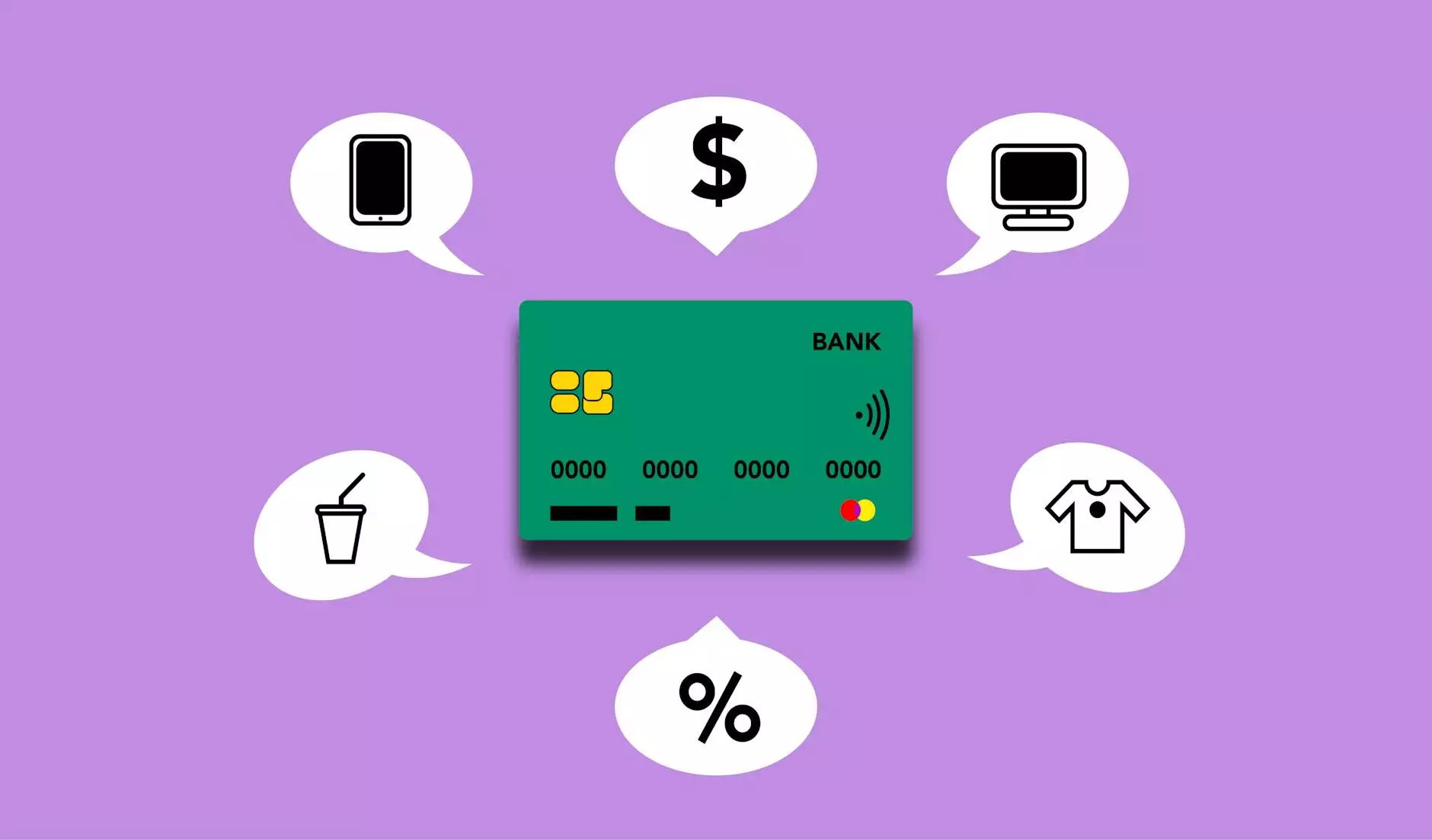The Dangers and Drawbacks of Debt Consolidation

Introduction
Welcome to Social Service of America, your trusted resource for debt management and financial advice. In this article, we will explore the dangers and drawbacks of debt consolidation, helping you make better-informed decisions and avoid potential pitfalls.
Understanding Debt Consolidation
Debt consolidation is a process wherein multiple debts are combined into a single loan or repayment plan. While it may appear as an enticing solution to manage your debts, it is crucial to understand the potential risks involved.
The Dangers of Debt Consolidation
1. Incurring Higher Interest Rates: Consolidation loans often come with higher interest rates compared to your existing loans, especially if you have poor credit. This could increase the overall cost of your debt.
2. Extended Repayment Period: While consolidating your debts may lower your monthly payments, it often extends the repayment period. Consequently, you may end up paying more interest over the long term.
3. Potential for Accruing New Debt: Debt consolidation may create a false sense of financial relief, leading individuals to accumulate new debt alongside their consolidated loan.
The Drawbacks of Debt Consolidation
1. Limited Options for Financial Troubles: Instead of addressing the root cause of financial troubles, debt consolidation merely shifts debts around. It does not tackle the underlying issues, such as overspending or a lack of budgeting skills.
2. Potential Damage to Credit Score: Debt consolidation typically involves closing existing credit accounts, which may negatively impact your credit utilization ratio and potentially lower your credit score.
3. Applicable Fees: Some debt consolidation programs or services charge upfront fees or ongoing monthly fees, further adding to the overall cost of repayment.
Alternatives to Debt Consolidation
While debt consolidation can be a viable solution in certain situations, it is important to explore other alternatives that may better suit your needs.
1. Debt Management Plan (DMP)
Debt management plans can be an effective way to consolidate your debts without taking out a loan. Under a DMP, a credit counseling agency negotiates with your creditors to reduce interest rates and create a feasible repayment plan. This option allows you to pay off your debts more efficiently while minimizing the risks associated with debt consolidation loans.
2. Budgeting and Financial Education
Developing effective budgeting skills and improving your financial knowledge can go a long way in managing debts. By understanding your expenses, setting financial goals, and adopting frugal habits, you may find better control over your finances.
3. Seeking Professional Advice
If debt consolidation doesn't seem suitable for your situation, it's crucial to seek professional advice. Financial advisors, credit counselors, and debt management experts can provide personalized guidance based on your unique circumstances.
Conclusion
Debt consolidation can be a double-edged sword. While it has its benefits, it is essential to be aware of the potential dangers and drawbacks it entails. At Social Service of America, we believe in empowering individuals with accurate information to make informed decisions and improve their financial well-being. It is important to carefully weigh the pros and cons, considering alternatives like debt management plans and budgeting, before committing to a debt consolidation arrangement.
Remember, financial stability is a journey, and each decision should be made after thorough research and analysis. Stay tuned to Social Service of America for more comprehensive resources and insights on debt management, financial planning, and improving personal wealth.










